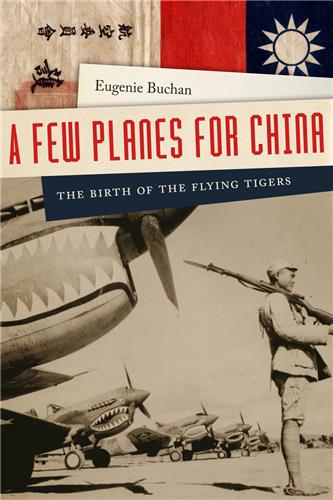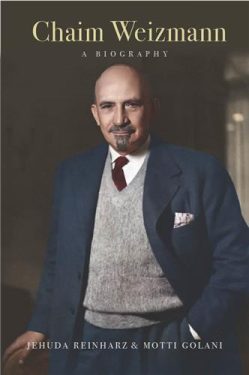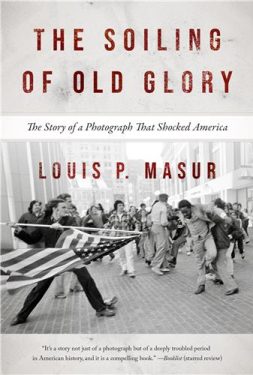Eugenie Buchan . . . has meticulously turned upside down the fable of that doughty band of Yank fighter pilots known as the Flying Tigers who early in World War II challenged the Japanese air assault on China. In so doing she has challenged orthodox World War II history and forces us to reconsider the broader story of just how America got entangled in the affairs of the corrupt, incompetent regime of Generalissimo Chiang Kai-shek. . . . Debunking that myth, plus her well-written narrative of the AVG’s origins makes Ms. Buchan’s book an essential case study of how American foreign policy often goes so wrong.









